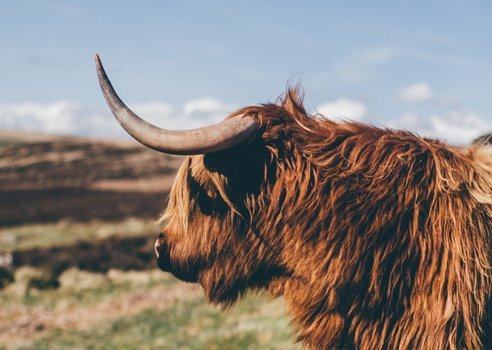Reading time: Less than 1 minute
Increase your vocabulary and you’ll make your writing much more precise. That’s why I provide a word of the week. Today’s word: gadabout…
When I read Gail Caldwell’s marvellous book, Let’s Take the Long Way Home — a remarkable paean to friendship — one line struck me with particular force:
I was too opinionated to be a straight news reporter, too gadabout to be an academic.
I felt exactly the same way myself. In my own newspaper days, I had been an arts, entertainment and features editor (not news!) And while the academic world interested me, it didn’t hold enough allure to overcome my fear that it would be both tedious and boring.
Reading this sentence also ignited my interest in gadabout, today’s word of the week.
I knew the word referred to a person who goes out a lot and doesn’t worry about other things they should be doing — in other words, a habitual pleasure-seeker. But I knew nothing about the etymology of the term, and I guessed it might be interesting.
The noun gad dates back to the 1300s, and means “a sharp pointed stick to drive oxen, etc.;” sometimes known as a goad. It’s thought to come from the Old Norse word gaddr meaning “spike, nail.”
The noun gadabout originally referred to “one who gads or walks idly about, especially from motives of curiosity or gossip” and is thought to date to the 1560s. It may come from the slow and obstinate way in which oxen walk, even when prodded.


